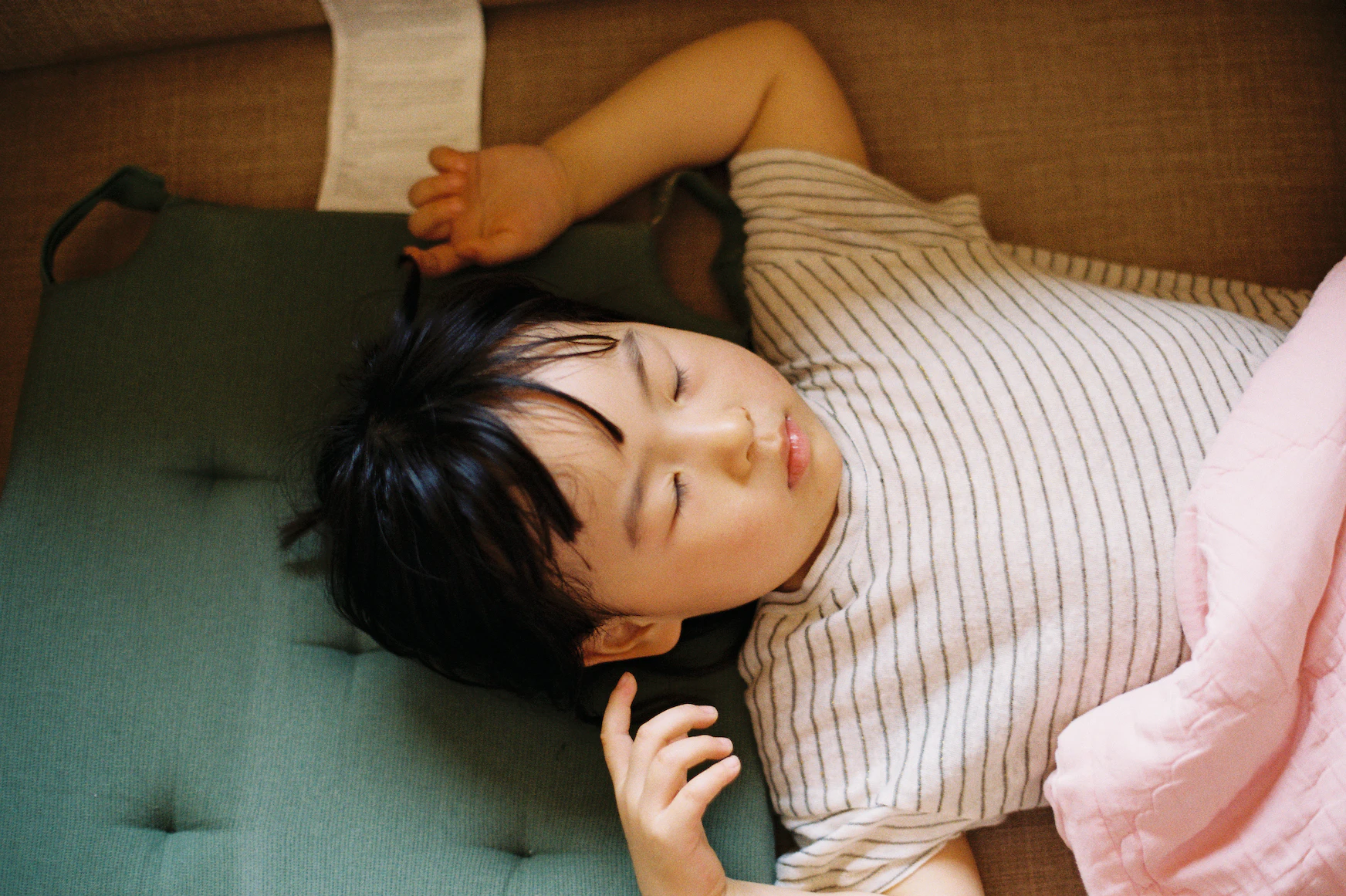Do you want your child to be successful and healthy? Then you need to think about their daily routine. We talked to Rospotrebnadzor experts about how to organize the space for homework, what to feed your child and how much sleep they need.
How to help your child become more organized?
Rospotrebnadzor experts believe that a daily routine plays an important role in the everyday life of a schoolchild. It disciplines a child and helps him stay organized. This is especially relevant in the current situation, when many children study remotely. It is extremely important in such a situation to properly combine rest and study.
A well organized daily routine will prevent irritability and excitability and keep your child productive during the day. If you notice that your child is very tired, lethargic and nervous at the end of the day and that their grades are suffering, try to organize their routine correctly and the negative symptoms will probably disappear.
The most important things in a child’s life that affect their health are sleep, nutrition and activity. If children do not get enough sleep, specific hormones may be disrupted in the bloodstream, affecting their growth and development. Sleep deprivation affects the sleep phase (called ‘REM sleep’) on which learning ability and success depend.
It is recommended that pupils increase the amount of sleep (by at least 1 hour) during exams, before tests and during all intense mental activities. Children who do not get enough sleep for 2-2.5 hours have a 30% lower level of performance in lessons than children who “get enough sleep”.
Sleeping time for schoolchildren should be increased during exams and before tests
What a child needs to do to get a good night’s sleep
Go to bed and get up at the same time. It is not necessary to change the usual sleeping hours, even for the distance learning period.
Limit emotional stress after 7 p.m. (noisy games, watching movies).
Establish your own healthy habits (“ritual”): an evening shower or bath, a walk and reading.
The child’s bed should be flat and not saggy, with a low pillow. The room should be well ventilated.
Approximate standards of night sleep for school children:
Grade 1-4 – 10-10.5 hours,
Grade 5-7 – 10.5 hours,
Grade 6-9 – 9-9.5 hours,
Grade 10-11 – 8-9 hours.
First graders are recommended to have a daytime nap of up to 2 hours.
Organizing a school student’s workplace
Now here are a few instructions. The child’s desk should be placed so that daylight falls to the left (vice versa if the child is left-handed) and there should be adequate artificial lighting. The light from a table lamp must not dazzle the eyes – a special visor or lampshade helps to prevent this.
The optimum height for the table and chair should be as follows: sitting upright, with the elbow resting on the table and the forearm upright (as a child raises his hand to respond in class), the child should be able to reach the outer corner of the eye with the tips of his fingers. Adjusting the height of the chair is sufficient for this. When seated correctly, the child’s feet should rest on the floor or footrest, forming a right angle at both the hip and knee joints. The chair should have a low backrest.
This makes it less fatiguing for the child to work. In addition, properly selected furniture – one of the important factors in the prevention of posture disorders.
And about the most painful problem of modern school children – computer work.
The recommended continuous duration of computer work is:
for pupils in years 1-4 – 15 minutes;
for pupils in grades 5-7 – 20 min;
For pupils in grades 8-9 – 25 min;
For pupils in grades 10-11 the time limit is 30 minutes for the first hour and 20 minutes for the second hour.
Playtime for computer games should be strictly regulated according to the age of the student.
Games and outdoor activity
The duration of walks, outdoor games and other physical activities should be at least 3-3.5 hours for younger pupils and 2.5 hours for older pupils.
A well organized day brings rapid, positive changes in a pupil’s mood, mood and academic performance.
Good nutrition
The school child’s diet is also part of the daily routine. During the pandemic it is best to minimize trips to the shops and stock up on healthy, long-life foods. This can be fruit – frozen or tinned (the latter are better chosen in their own fruit juice, not in syrup); frozen vegetables, cereals (e.g., “uncooked” oats or buckwheat last longer than processed ones). Dairy products that are high in fat, e.g., processed cheese, should be reduced in children’s diets, even though they have a long shelf life. These products will not provide the child with calcium and vitamin D, unlike natural products.
